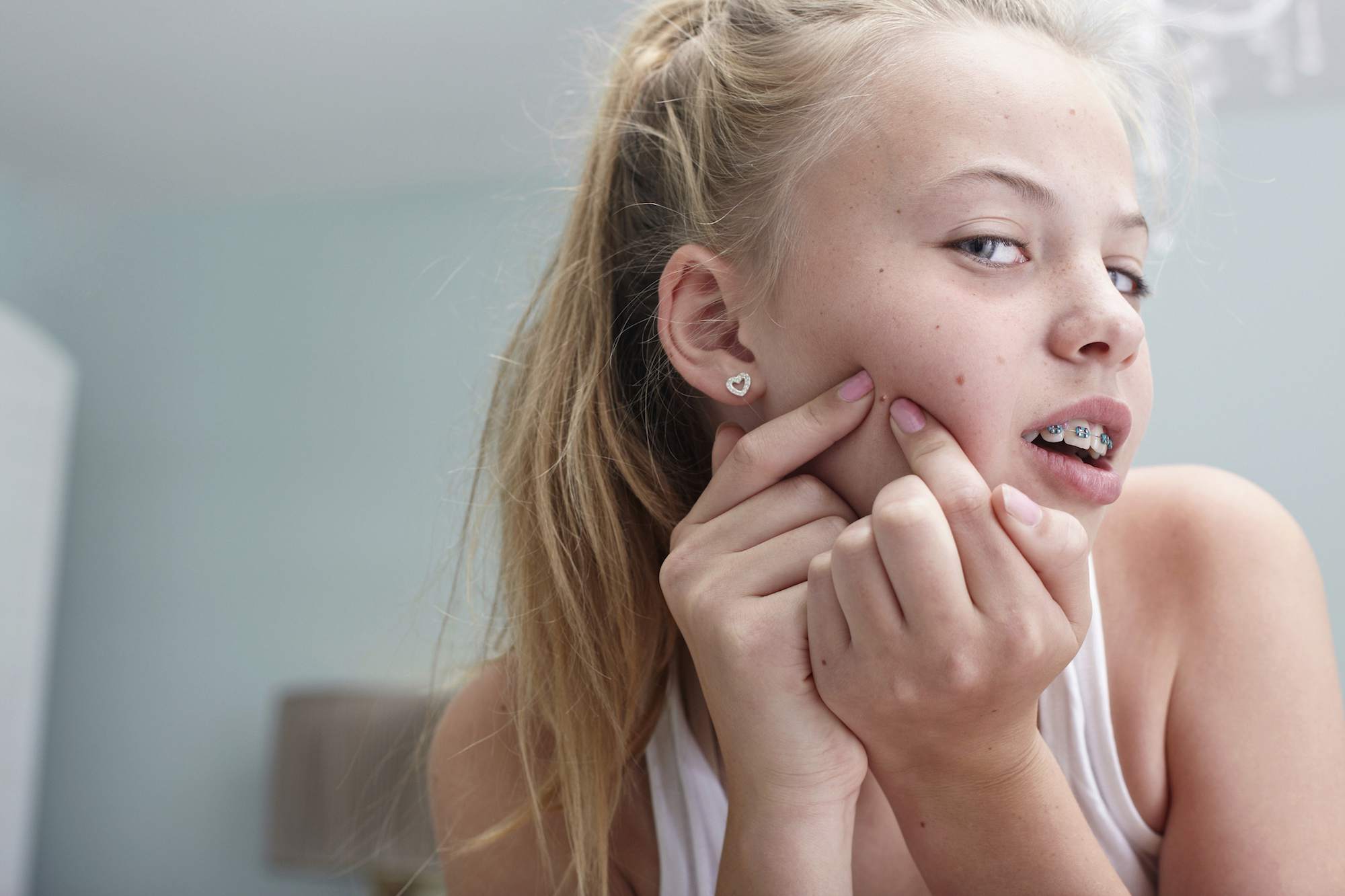Acne Treatment for Teenagers
Most people during their teenage years may have been affected by acne. We look deeper into teenage acne treatment.
Everybody has had to pass through this tumultuous period and the acne that characterizes it. Apart from causing unsightly physical appearance, it carries a multitude of psychological effects that affects teens in different ways, especially if it is of the severe type.
Teens being a very self conscious lot are greatly affected by acne making them have low self esteem. This might lead to them shunning social settings due to perceptions of others.
So what are the social ramifications that this condition brings?
Those suffering from acne have often been accused by their non-acne friends of being overly-sensitive. However the physical and psychological problems suffered by them have been recognized nowadays as being real and efforts have been made to deal with them appropriately.
Acne is every bit as much how you feel as it is about how you look. This is much more so with teens who usually judge by physical appearances. In a society which places high value on the physical, and sets high standards for them to comply to the “norms”, teens suffering from acne are particularly disadvantaged.
Read More: How To Treat Painful Pimples
The teens suffering from acne often feel they are ugly and this feeling might extend with adult acne.
Parents are constantly faced with a dilemma on how to deal with their children who are afflicated with acne and experience feelings of depressions and inferiority.
Often it is difficult to discern whether the psychological traumas passing through the teens are acne related, or are the usual tantrums and emotional phases that characterizes teenage hood.This makes it difficult to understand the psychological effects associated with acne.
The simplest and most effective way of understanding this psychological effects is just listening.By listening to how acne makes them feel and the insecurities it causes them, parents can show that they emphathise with them and care.
Additionaly informing them on the causes , types and treatment can reassure them that they aren’t viewed as being dirty or having poor hygiene. Hygiene doesn’t directly cause acne.Parents should also let them know that teenagers all over face the same issues with acne, thus showing them that they aren’t alone in this.
As stated before, finding out the cause and type of acne is the first step to seeking treatment.Once one begins on a treatment plan, they end up feeling better about their appearance and consequently themselves.
What Is the Treatment for Acne?
The treatment usually depends on how serious the problem is. For instance, if you have an occasional inflamed pimple, you may use skin compounds containing:
- Azelaic acid
- Benzoyl peroxide
- Glycolic acid
- Lactic acid
- Retinoids (medications that come from vitamin A)
- Salicylic acid
- Various fruit acids
Benzoyl peroxide reduces oil production and has antibacterial properties. But use it carefully, as it might leave your skin dry and flaky. (It can also bleach out clothing, towels and bedsheets.) Try to use it just before bedtime.
Read More: What is Acne And Pimple
Resorcinol and sulfur, as well as prescription retinoids and prescription antibiotics applied to skin, can reduce blackheads, whiteheads, and inflamed pustules.
When many pustules or cysts appear on the face and upper body, you’ll need an oral antibiotic. Your doctor also can inject cysts with anti-inflammatory steroid solutions to help decrease their size.
For persistent acne, antibiotics (taken by mouth or applied to the skin) are generally used. Some antibiotics have both antibacterial and anti-inflammatory properties. These are often prescribed for short-term use (usually a few months).
Because acne is linked to hormones, some oral contraceptives (birth control pills) may help. But not all birth control pills stop acne, and some make it worse.
Spironolactone, a hormone blocker, can be used for teenage girls who have acne.
Isotretinoin, a prescription medication you take orally, may help control severe acne, which is characterized by many large cysts on the face, neck, and upper trunk and scarring.
Pregnant women or women who might become pregnant can’t use this medication, as it’s linked to birth defects. Isotretinoin can give people very dry skin, eye dryness, and irritation and requires blood tests to monitor for liverinflammation, high blood fat content, and bone marrow suppression. It can also be very expensive. So its use is restricted to the most severe cases for which other treatments haven’t worked.
Read More: How The Acne Scars Are Treated?
Can I Prevent Acne?
There are some steps you can take to prevent acne. To prevent oily skin that can contribute to acne, keep your skin clean. Wash your face and neck twice daily with mild soap and warm water. But never scrub your face! That can irritate your skin and worsen acne.

